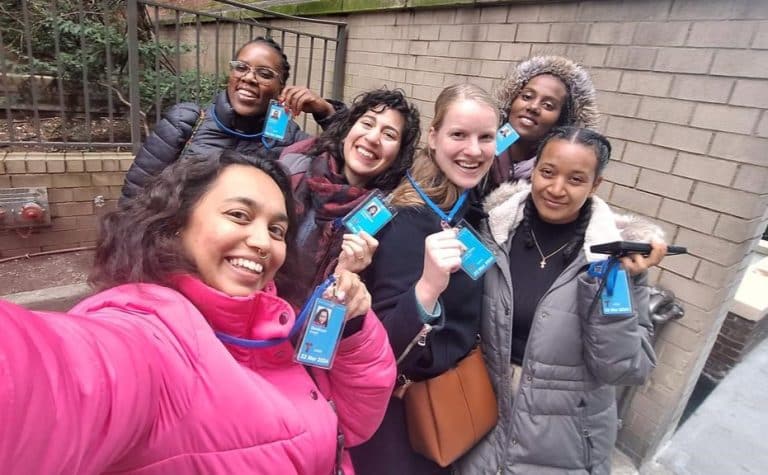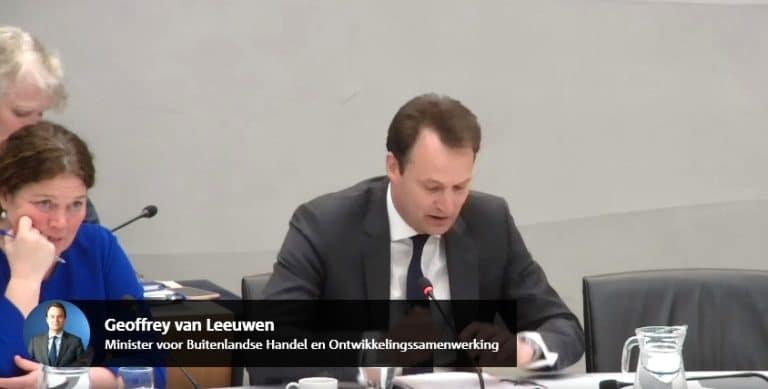ACT-A, the global collaboration to respond to the Covid-19 pandemic, can and must do more to effectively combat this international health crisis. It must use its leverage to significantly improve equitable access to vaccines, therapeutics and diagnostics, and establish adequate funding of health systems in order to implement these commodities. Wemos fully supports the urgent recommendations on these matters of the Platform for Civil Society and Community Representatives to ACT-A. Also, we are proud that our global health advocate Amanda Banda was selected to be civil society representative to ACT-A’s Health Systems Connector.
As one of two representatives, Amanda (on behalf of Wemos) coordinated civil society engagement in the ACT-A review process led by the World Health Organization (WHO). We managed to include concerns around the lack of funding for additional health care workforce recruitment in the ACT-A review report. Thanks to our involvement, the new ACT-A Strategy and its Health Systems and Response Connector Pillar address the need to surge the health workforce.
Neglecting fundamental questions
In ACT-A (Access to Covid-19 Tools Accelerator), leading global health agencies (Global Fund, WHO, World Bank, etc.) collaborate with governments, civil society and industry to accelerate development and distribution of medical products against Covid-19. Recent evaluations on its work resulted in a review exploring possibilities to enhance its performance.
According to the ACT-A civil society representatives, the review has neglected fundamental questions and lacks input from those most affected by the pandemic. Therefore, they have published a statement holding recommendations for ACT-A to move forward.
Equal access to medical products
ACT-A consists of the most influential organisations in achieving equitable access to medical products against Covid-19. Nevertheless, the harsh reality is that many low- and middle-income countries still experience dire vaccine shortages.
The civil society representatives therefore call upon ACT-A to put words into action and make serious work of its purpose. One of their recommendations is that ACT-A must use its power to stimulate temporary waiving of intellectual property rights (through the so-called TRIPS waiver) and sharing of know-how and technology by pharmaceutical companies in order to maximise vaccine production.
Investing in health systems
Distribution of medical products against Covid-19 requires strong health systems with trained health workers to implement them. The civil society representatives believe that ACT-A does not recognize this matter. They urge ACT-A to prioritise investments in recruitment, training and remuneration of health workers, particularly in low- and middle-income countries.
Meaningful involvement
The civil society platform furthermore states that a lack of meaningful involvement of low- and middle-income country representatives in the decision-making, is at the root of the current shortcomings of ACT-A. So far, ACT-A has primarily turned to organisations and experts from high-income countries to develop and review ACT-A initiatives.
This approach is both demeaning and ineffective. As low- and middle-income countries are affected most by the pandemic, their involvement in decision-making is crucial to ensure that initiatives meet the actual needs.
Read more




